
How much does the vet cost? Vet fees explained

Dr Scott Miller
19 May 2023
With no NHS for pets, we turn to vets to help our four-legged family members when they get into scrapes or fall ill. But many owners can be surprised by how much it costs for consultation and treatment.
Expert vet Dr Scott Miller explains how vet costs work and what options are available to you if you’re worried about your vet bill. You’ll also find out why getting pet insurance is important to protect you from vet bill costs.
- What affects how much you pay at the vet?
> Does it cost to register with a vet? - How much does a vet consultation fee cost?
> How much does a UK vet check up cost?
> How much does a vet prescription cost? - How much does an emergency vet cost?
> Why do emergency vets cost more? - Other examples of vet fee costs
- Why are some vet costs going up?
- Can I get help with vet costs?
> Why is pet insurance important?
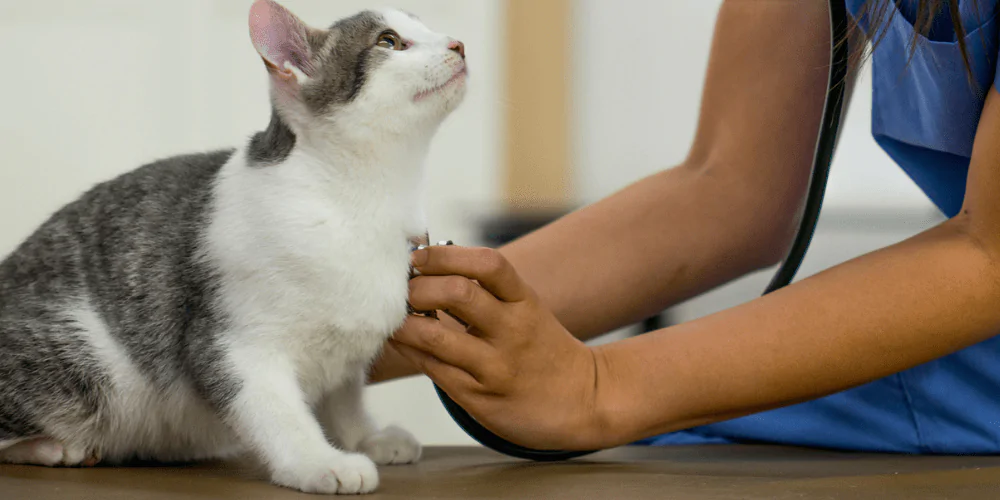
What affects how much you pay at the vet?
Vet costs will vary depending on a number of things:
- Where you live – prices can be higher in big cities like London where it’s more expensive to run practices (dues to costs like rent)
- What type of consultation you’re getting – such as a standard, home, or emergency visit)
- Your pet’s breed, age, and gender – surgery may be more complex based on these
- The treatments/procedures your pet needs – such as a one-off prescription, surgery, or ongoing medication
- The expertise of the vet – your pet may need surgery from a specialist
Vets are able to offer an excellent standard of care and treat your pet as well as a human, but it comes at a cost.
Remember that you’re also paying for convenience by choosing to use a local vet rather than a bigger chain.
Also, keep in mind that your bill is based on your pet’s individual medical situation. Your vet should talk through all of the options available to help you make an informed decision on treatment.
> Does it cost to register with a vet?
Although many vets don’t charge a fee to register your pet, this is down to the individual practice. If in doubt, get in touch with your local vet practice or have a look at their website.
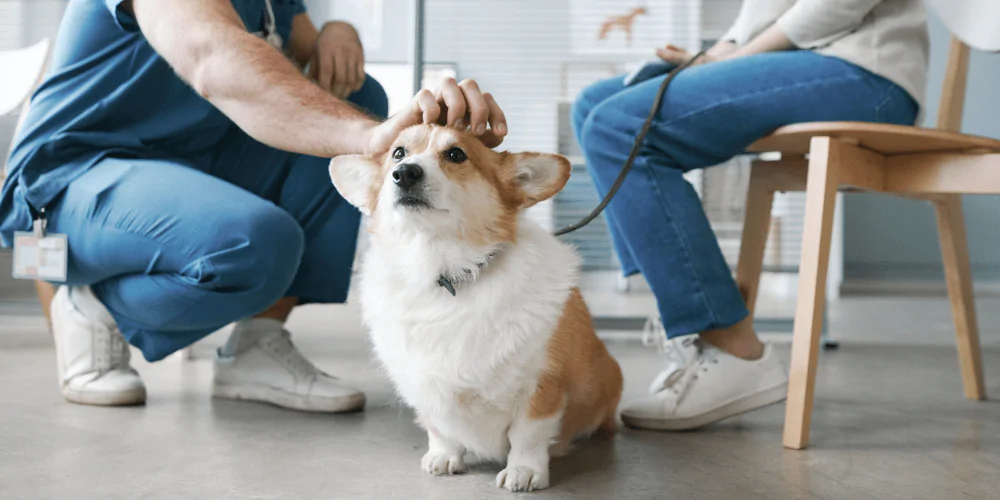
How much does a vet consultation fee cost?
A vet may charge a consultation fee to see and potentially diagnose your pet, then any treatment costs will be added on top. Consultation fees can start from £20 upwards.
Some not-for-profit organisations like Animal Trust don’t charge a consultation fee to see a sick or injured animal.
> How much does a UK vet check up cost?
It’s important to take your pet for their annual check ups. Your vet can make sure they’re healthy and spot any possible problems before they get worse.
Similar to consultation fees, the price of a pet health check can start from £20 upwards.
You also have the option of an annual booster appointment (which will be higher than a normal check up). Your pet gets a full health check plus a top-up of their vaccinations to keep them protected against common nasties.
Some practices offer pet health clubs and plans for a fixed monthly fee. These can include:
- A six month or annual health check up
- Annual boosters (it’s important to keep up with regular cat vaccinations and dog vaccinations)
- Regular flea and worming treatment
- Discounts on food, toys, and accessories
> How much does a vet prescription cost?
Unlike the NHS, there is no standardised cost for a pet prescription. Vets can charge from £10 up for each written prescription.
Some medicines and antibiotics don’t always need a written prescription. You can buy over-the-counter medicine from your vet practice, pharmacy, or online.
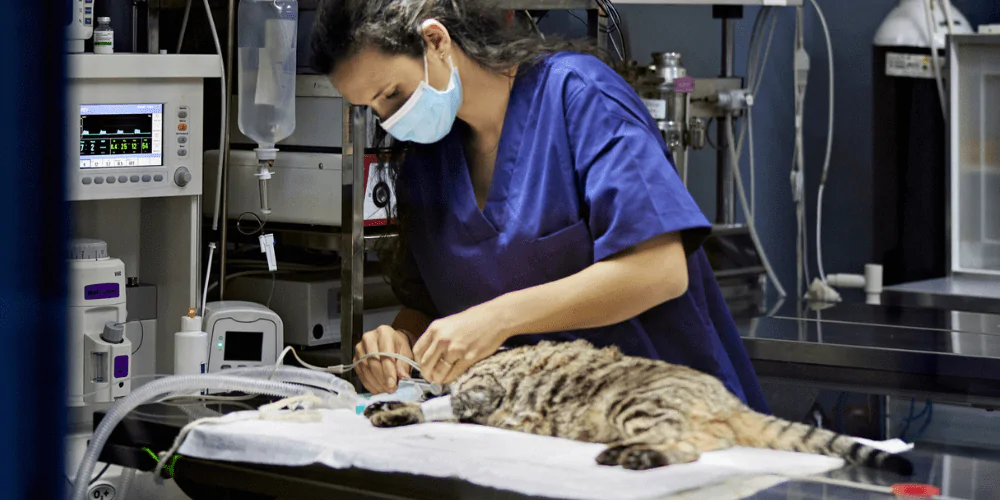
How much does an emergency vet cost?
If your pet has a serious accident or is ill and rapidly getting worse, they may need to urgently see a vet. Emergency vet appointments can cost from £200 upwards.
You may find organisations like Animal Trust may start at a lower price for an emergency visit than standard vet practices. But the cost will still be higher than a regular vet appointment.
It’s not always easy to know when your pet needs urgent help, so here’s a guide on when to visit an emergency vet.
> Why do emergency vets cost more?
Emergency vets handle pet emergencies and have to work overnight, so they charge a higher cost to compensate for these unsociable hours.

Other examples of vet fee costs
Average UK cost of an overnight vet stay
Your vet surgeon may recommend keeping your pet overnight to continue treatment, care, or in emergency cases.
A vet clinic overnight stay with a drip treatment can begin from £300.
UK vet home visit cost
Not all vets offer home visits as this can come down to safety or experience issues.
A home visit comes at a premium and can include or be added on top of a standard consultation fee.
For example, one London vet clinic charges £225 plus their consultation cost for house visits.
Mobile vet services are becoming more common but these will also come at a more premium cost.
UK vet x-ray cost
An x-ray is used to see what potential problems could be going on inside your cat or dog. Your pet needs to be still for the x-ray image and so may be sedated or given an anaesthetic.
Prices for an x-ray can start from £300 with a higher cost if sedation is needed.
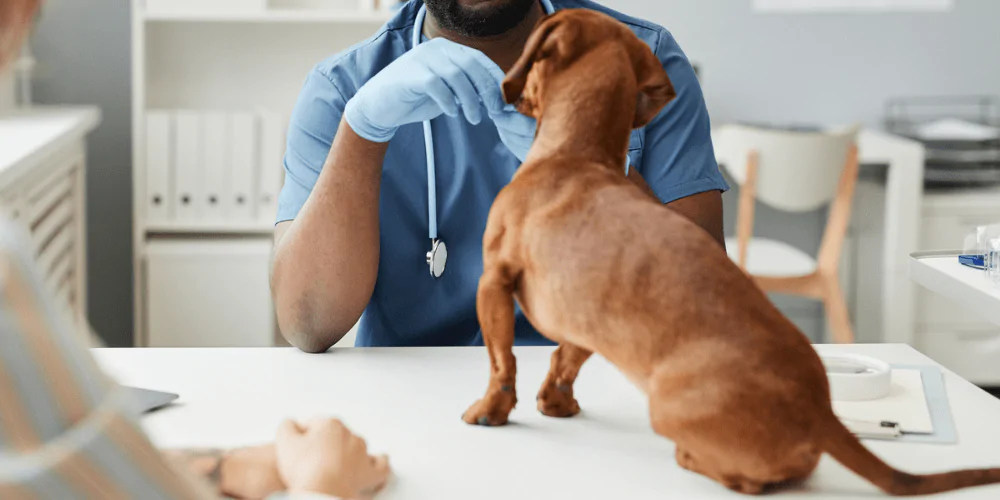
Why are some vet costs going up?
Much like in many other areas and industries, the cost of living crisis has also affected vets. Your local practice may have increased its prices due to:
- Paying their staff higher wages
- Higher costs to run the practice
- Equipment becoming more expensive
- Increased fuel costs to transport drugs
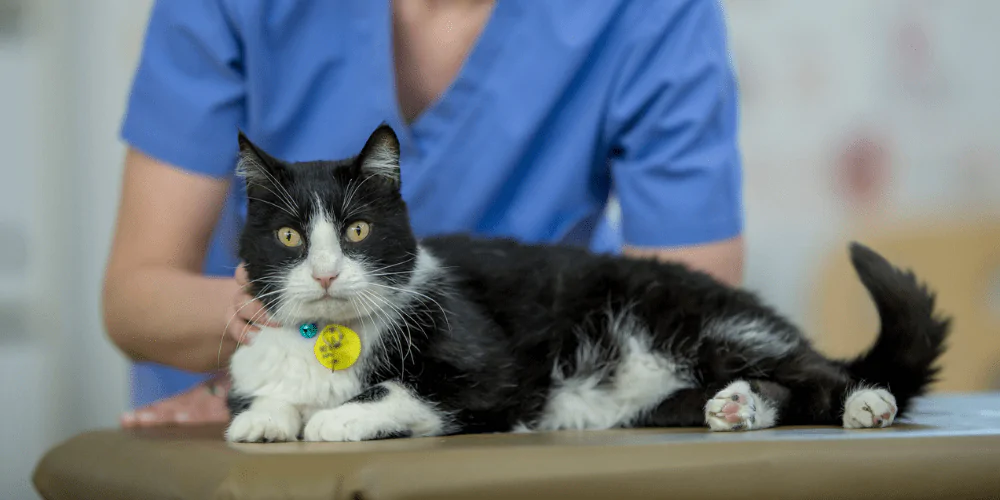
Can I get help with vet costs?
Being a responsible pet parent is thinking ahead about the lifelong costs of ownership – before committing to a cat or dog. This includes being able to afford vet bills, from check ups and vaccinations to treatment for accidents and illnesses.
It might not be the right time to get a pet if their care costs will make supporting your family a struggle.
When it comes to getting help with your vet bill, some of the bigger vet chains may be able to offer credit options.
Your vet may be able to jump a few diagnostic steps or find more affordable ways to manage some conditions. But keep in mind that some conditions may only have one treatment or management option.
Be honest with your vet about your concerns around treatment costs and they’ll do what they can to help.
> Why is pet insurance important?
It can be a stressful and possibly heartbreaking experience if you have to compromise on your pet’s care because you can’t afford treatment.
Having pet insurance can give you peace of mind that your four-legged friend is covered for accidents, illness, and long-term conditions.
So you can concentrate on what’s important – helping your best pet pal get better.
Be prepared for unexpected vet bills with flexible pet insurance from Petsure.


